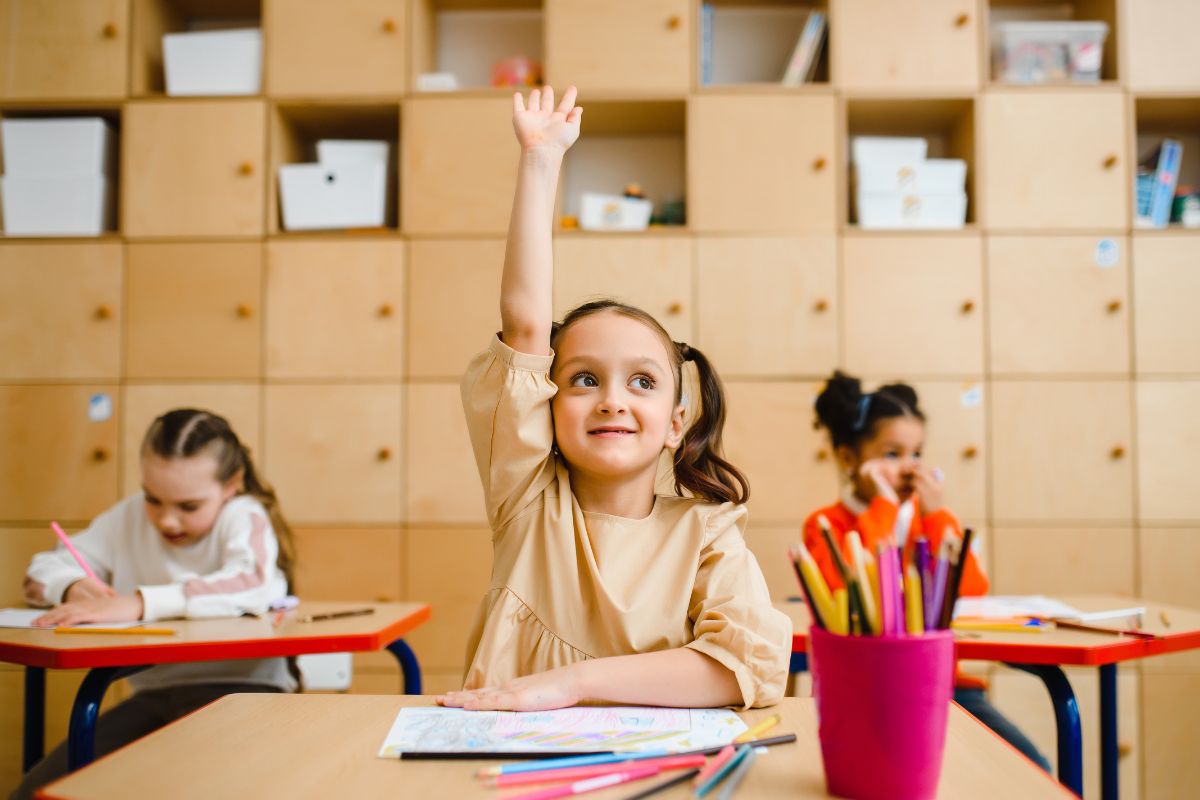What’s the Right Kind of School for your Child?

CSL Mag
[Partner Content from ING Luxembourg]
If you are moving to Luxembourg, especially when the school year has already begun, enrolling your children into the Luxembourgish education system – from primary to secondary school – can be a daunting task. There are so many options that it is often difficult to choose the right model. Between public schools, private schools and international schools, which ones are the best suited for your children?
Public Schools
The majority of schools in Luxembourg are run by the state and free. In the Grand Duchy, school attendance is compulsory between the ages of 4 and 16. The school year begins roughly on 15 September and ends on 15 July each year.
Fundamental education (enseignement fondamental) covers the first nine years of schooling and is divided in four learning cycles. It starts at age 3 or 4 and ends at age 11 or 12. The first cycle starts with an optional year of early childhood education (for children aged 3) and ends with two years of compulsory pre-school education. These pre-school years consist mostly of improving children’s social skills and teaching them Luxembourgish as the language of communication for all children, irrespective of their nationality. Gradually, topics covered include logic and mathematic reasoning, sensory development, psychomotor skills, body language, cultural awareness and life values. The second, third and fourth cycles, which together comprise primary education, last two years each. At the end of each cycle, pupils must have acquired a set of key learning skills in order to advance. Primary education in Luxembourg is multilingual. Children begin to read and write in German from cycle 2, in French from cycle 3 and basic school teaching languages are a combination of Luxembourgish, German and French by cycle 4.
So, what to do if you are arriving from a country with no knowledge of these languages? Contact directly your municipality of residence. There are two options. Newly-arrived children aged 4 or 5 are assigned to a class in cycle 1, where they learn Luxembourgish. Newly-arrived children aged between 6 and 11 are put in a home-class (cycles 2 to 4) according to their age, their previous school achievements (on the basis of school reports from their country of origin) and results to assess their levels in maths and their native language. Each week, they attend one or several welcome classes (cours d’accueil) provided by the municipality of residence in order to learn intensively the language(s) useful for their integration into a regular class.
Depending on the type chosen, secondary education lasts six or seven years. There are two types of secondary education: classical secondary education preparing pupils for higher studies and technical secondary education directed mainly towards working life. During the fourth cycle of fundamental education, pupils participate in an orientation process and, at the end of the cycle, are oriented towards one of the two types of secondary education that best matches their aspirations and abilities. In the Grand Duchy’s education system, access to classical secondary education is theoretically reserved for pupils who have a very good level in maths, German and French. However, there are a number of options available for newly-arrived pupils who have a very good academic level but not a solid grasp of languages taught in Luxembourg. If your children are aged between 12 and 17, you must contact the reception desk of the Ministry of Education for newly arrived pupils, called CASNA[1] (Cellule d’accueil scolaire pour élèves nouveaux arrivants). CASNA provides information in a number of languages (including English) on the Luxembourg school system, evaluate the academic records and language abilities of the newly arrived pupils and refer them to a specific secondary school.
Recently some public schools also offer a curriculum based on that of the international schools including an English language section.
Private Schools
Apart from the public education system, Luxembourg has also a number of fee-paying private schools. Most of them follow the same syllabuses and prepare pupils for the same diplomas. There are also two independent method schools but still remaining under the supervision of Luxembourg regions and educational laws. The fundamental school Montessori Luxembourg focuses on independence and freedom within limits and pays attention to a child’s natural mental growth. The pedagogy of the Waldorf School of Luxembourg emphasizes the role of imagination in learning, striving to integrate holistically the intellectual, practical and artistic development of pupils.
International Schools
In addition to public and private schools, there are some public and fee-paying international schools which provide a different curriculum and do not award the same diplomas. If your children have already started their education in your home country, international schools can be the perfect solution. They may be able to continue with the same curriculum or study an international curriculum. International schools follow a curriculum model from France, United Kingdom or Germany or provide internationally accepted accreditation such as the European Baccalaureate and the International Baccalaureate. The European Baccalaureate is officially recognized as an entry qualification for higher education in all the countries of the European Union. The International Baccalaureate (IB) is provided by 2,500 schools in 140 countries in 3 languages: English, French and Spanish. In Luxembourg, 4 international schools provide the IB in French (including the Waldorf School) or English. Higher education institutions around the world admit students on their IB credentials and many have specific admission policies and guidelines for IB students.
If you choose an international school for your children, apply directly to the school as soon as possible. Many schools have waiting lists and preference may be given to students based on nationality.
[1] Centre d’accueil scolaire pour élèves nouveaux arrivants (CASNA), Maison de l’Orientation, 58, boulevard Grande-Duchesse Charlotte, L-1330 Luxembourg. (+352) 247-85277. casna@men.lu.


